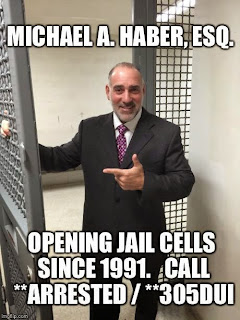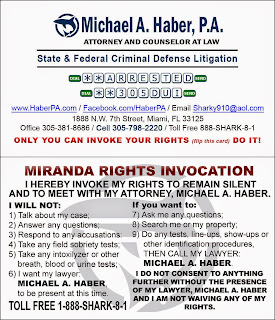As if he were living in AMC’s “The Walking Dead”…
Serna not only killed Suzanne but he did so in a most gruesome manner by chopping off her head off and then impaling the severed body part on a pole (no that is not Suzanne’s head below… it is just an illustration).
Serna’s attorneys had reportedly been planning to use an insanity defense in the trial (do you think?) but counselled him to take the fifty (50) years instead. Neither of these two (2) were peaches (Suzanne had a prior criminal history, including domestic violence charges and Serna was described as being a “violent guy”) and while the heinousness of the offense cannot be justified there is a lesson to be learned…
Memo to the Folks about Domestic Violence Cases: Domestic Violence (DV) cases present wrinkles for everyone in the system (the Defendant, the State and the Court), as they almost always involve emotional charged folks who’s lives are either interdependent or interconnected, the potential for repeat or escalated violence is almost always high and there is more often then not the likelihood that a victim will, for whatever reasons, wish not to prosecute the perpetrator.
For these reasons, in FL DV cases Defendant’s suffer aggressive prosecution (more aggressive than many other offenses), the State feels obligated to “force” all victim’s to “help themselves” (which serves the dual purpose of covering its own ass in the event of a subsequent violent altercation) and the Court engages in pure self-protection (no Judge wants to read her/his name in the paper as being responsible for “cutting loose” the repeat DV offender who re-injures, more seriously injures or kills a victim when the Court could have acted to prevent the same from occurring).
These are the practical realities of DV cases that we all must live with and it is for these reasons that there is a mandatory 24 hold (a statutorily required cooling-off period) for anyone booked into a FL jail for any DV case and that DV victim’s are afforded special protections, are required to be evaluated (if only by responding officers who have a DV “checklist”) and are required to be provided information about alternatives to returning to “life” with the alleged perpetrator
Fortunately, in many cases, and particularly those where the offense did not result in any serious injury and ultimately amounted to an unfortunate but otherwise understandable incident, there are a few ways to try to effect the State’s decision to prosecute. The best advise that your husband is going to get on a given case is to find himself a local criminal defense attorney (in his case in the 305 area), make an appointment, show up on time and bring with you as much relevant paperwork or information as possible.
As for you, in Florida the State Attorney is empowered to bring criminal charges to bear on behalf of all of the people of the State, the victim being only one of those millions of people (albeit usually an important one to the success of their case). If you do not wish to cooperate with the State then you are entitled to have them consider your wished.
In Florida victims of crimes have rights, both constitutional (s. 16, Art. I of the Florida’s State Constitution) and by statute. If you want to increase your odds at having the State pursue your interests then you can hire your own criminal defense lawyer to serve as your Victim’s Right’s Advocate.
Again, no one can control what the State does on behalf of the people, but you will increase your odds at achieving a favorable outcome if you have an effective victim’s rights advocate pursuing your agenda. Many criminal defense lawyers serve as effective victim’s rights advocates.













